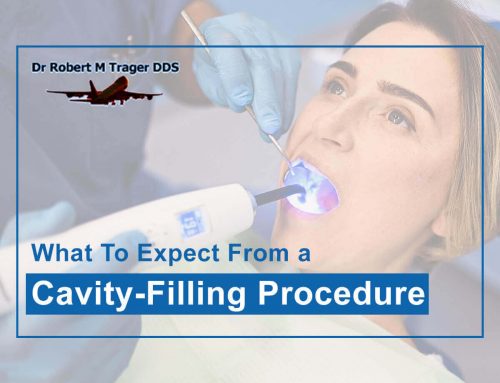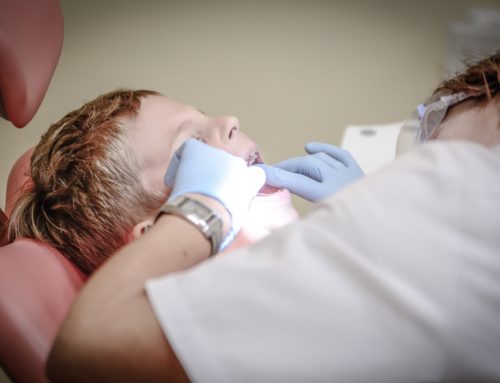
Both new and experienced denture wearers make these errors
Taking care of dentures is not difficult if done routinely
For first-time denture wearers, it can feel like a whole different experience from having regular teeth. It’s exhilarating, though, to have something in the space that used to be empty – which can keep radical differences to their face, including sunken cheeks, from happening.
Still, there are things to keep in mind to make sure that everything goes fairly smooth throughout the whole process. These are just some things for denture wearers to look out for and keep themselves from making these mistakes. Even experienced ones can have lapses with these.
- Not handling them properly: It’s very important to treat dentures like the fragile things that they are. People may think that they are stronger and be rough with removing them and careless when they carry them or just toss them onto a surface like a countertop. It’s surprising how easily these things can break or fracture… which means either a hasty temporary repair job or an emergency trip to the dentist. When people are removing their dentures, they should do it slowly and should hold them carefully.
- Not brushing them thoroughly: Dentures are like regular teeth – they need to be brushed thoroughly to ensure that all food debris is removed. Otherwise they can quickly get dirty and allow germs to make their way on. One doesn’t have to brush that hard either – use a soft-bristled toothbrush just like the one used for regular teeth. Brushing too hard can damage the dentures. It needs to be done, though, daily… preferably after every meal.
- Not soaking them overnight: This is something that needs to be in a denture-wearer’s nightly ritual. It’s not something that can be skipped often, if at all. All one needs is a glass and denture solution. They just put the dentures in – carefully, as referred to in the first bullet point – and just let it sit there. Doing this helps ensure that they will have a sterile denture to put in their mouth first thing in the morning. It also keeps the denture from becoming too dry and possible brittle.
- Not getting them fixed quickly enough: Dentures can become ill-fitting over time. It may be because other teeth shift around. It may be the dentures themselves. People who find themselves wearing dentures that no longer fit properly need to go to the dentist’s office as soon as possible Not doing so can result in problems that include dental sores and even possible infection. It also can affect the way people speak and eat, so getting that repaired quickly is a top priority. This is not a situation where people can gut their way through something. One risks having to spend more money than they may have to.
- Not having regular check-ups: Even if one were to do everything that’s listed above, that doesn’t mean that things can’t change. One has to go regularly to the dentist to have them look at the state of their mouth and the condition of their dentures. There may be something that the patient doesn’t notice. The lifespan of a regular set of dentures is roughly seven to ten years, so there will be times when a patient needs new ones.
Taking care of one’s dentures doesn’t have to be a time-consuming task. Especially since doing the above steps will prevent them from having to spend more time in the dentist’s chair than they have to.
Dr. Robert Trager has been practicing at JFK-LGA Dentist for many years. He can guide patients through the whole process of dentures from start to finish.





